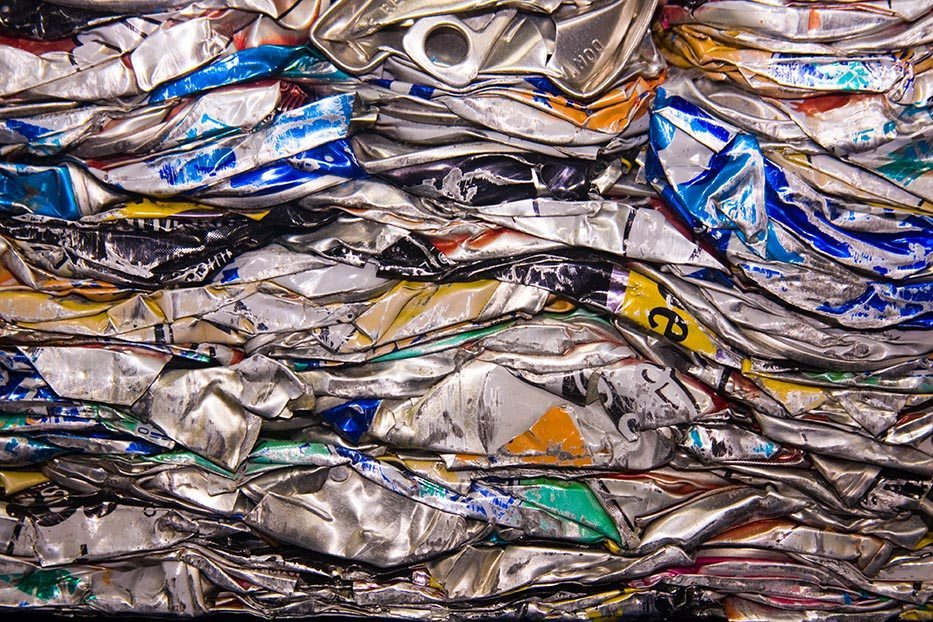
Research scientists focused on the formation of micro-crystals when molten alloys under a magnetic field cool down. | Darrenp/Shutterstock
University research in the U.K. could lead to technologies for boosting the quality of recycled aluminum.
The University of Birmingham announced the results of research exploring the microscopic changes that occur when molten alloys cool. Specifically, the work by Dr. Biao Cai at the university’s School of Metallurgy and Materials focused on the formation of micro-crystals when molten alloys under a magnetic field cool down.
Biao used high-speed X-ray imaging to record the formation of the helical “screw-like” micro-crystals, which are just a fraction of the width of a human hair.
“These microscopic crystals ultimately determine the physical properties of the alloy. To be able to adjust their shape, structure and direction of growth will enable us to perfect processes for both manufacturing and recycling of metals and alloys,” Biao stated in a press release.
Biao has already invented a technique for removing iron during aluminum recycling. Iron makes recycled aluminum brittle, limiting its use in demanding applications.
More stories about metals
- Aluminum Association urges action to boost markets
- Tariffs on Canada and Mexico take hold
- Aluminum giant shares expansion plans



